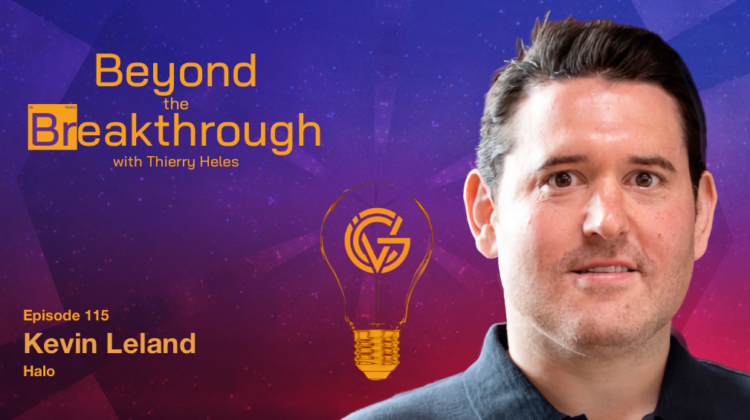Podcast: Play in new window | Download (33.2MB) | Embed
Subscribe: Apple Podcasts | Spotify | RSS
Imagine your corporate R&D team is facing a problem so complex it requires the world’s top researchers to solve. How do you find the right expert? You could scour endless academic papers or slowly build relationships with individual universities. You could invest in startups that are developing a solution. Or you could go to Halo, a matchmaker for cutting-edge research and real-world problems.
Here’s how it works: corporates throw out their toughest challenges as precise questions like “how do we remove nitrogen from stormwater runoff?” (an issue that causes river pollution, and a problem Halo helped solve for Oldcastle Infrastructure). Researchers on the platform can then submit a proposal through a process that takes about half an hour — much quicker than writing most grant applications.
But what if the right professor isn’t on the platform? Halo also uses an AI tool to scan patent filings and contact experts directly. And it works with tech transfer offices to ensure they can bring opportunities to their researchers (and keep track of applications so all the paperwork is handled properly).
Best of all for researchers, tech transfer offices and startups: it’s completely free. Corporates pay an annual fee depending on the features they require. The model has allowed Halo, incubated at the University of Chicago’s innovation unit Polsky Center and founded in 2020, to attract more than 4,000 researchers across more than 100 countries. Its corporate clients include Takeda, PepsiCo and Unilever.
Kevin Leland, founder and chief executive of Halo, tells us how Halo grew out of an idea for a crowdfunding platform for early-stage drug development to a marketplace that now even handles philanthropic initiatives like Bayer’s Grants4Ag and enables startups to easily apply to corporate-run accelerators.

